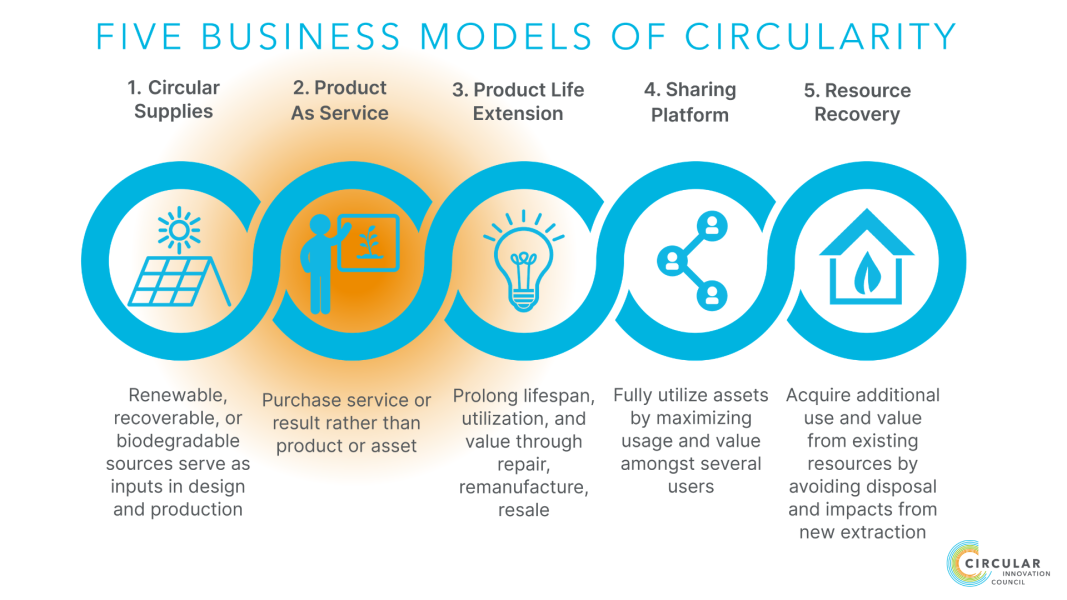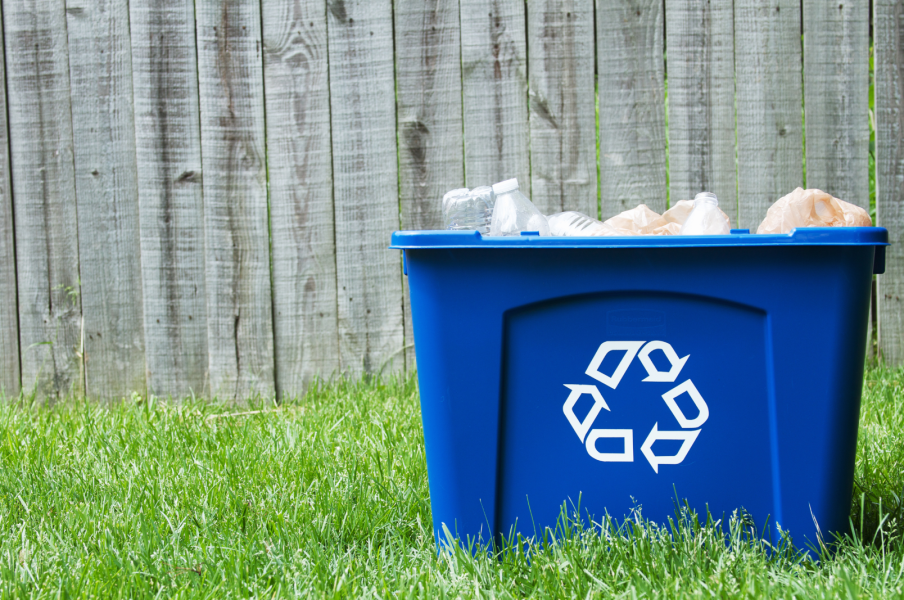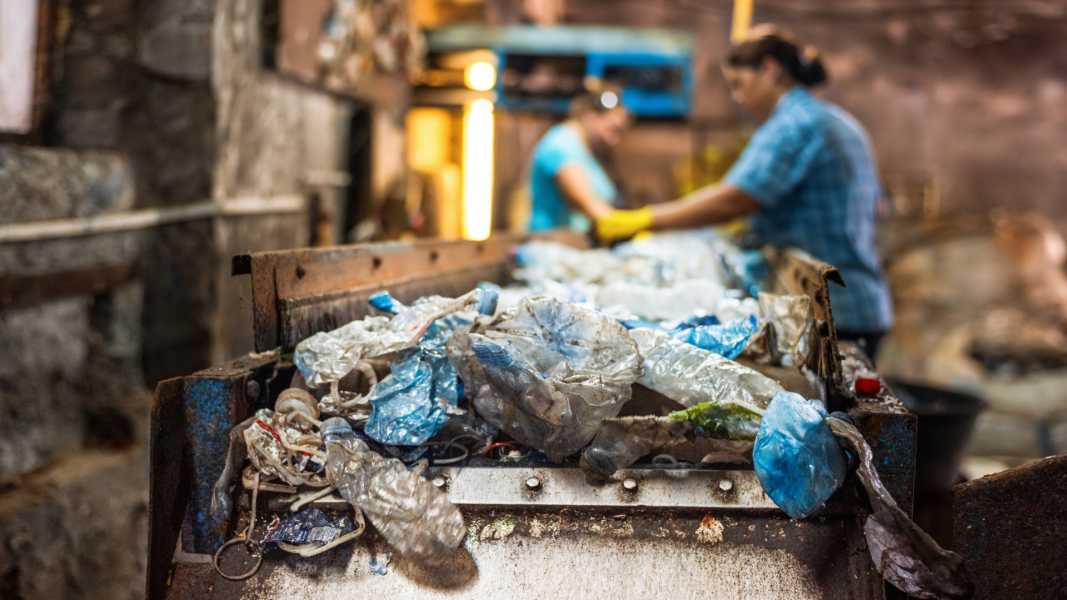

The Government of Ontario has proposed to amend the Blue Box Regulation under the Resource Recovery and Circular Economy Act, 2016.
These amendments represent a significant step backward from the government’s commitments to achieving zero waste.

Effective policies like Extended Producer Responsibility (EPR) are vital tools to redesign markets and reassign end-of-life management of products and packaging to producers and first sellers. We have been at the forefront of advocating for and implementing EPR as a critical policy intervention for Ontario’s transition to a circular economy.
Ontario’s Blue Box program has been a cornerstone of the province’s waste management and recycling efforts. Maintaining its current trajectory and fostering further innovation are vital for Ontario’s environmental and economic future. The Blue Box program not only helps reduce waste and environmental impact but also creates opportunities for innovation in recycling technologies and sustainable materials management. These initiatives can generate new economic opportunities, support green jobs, and demonstrate Ontario’s commitment to environmental leadership. Undermining or significantly altering the Blue Box program at this critical juncture would jeopardize these benefits and impede our progress toward a broader circular economy.
Local governments and producers have collaborated for over a decade to transition to full producer responsibility. This regressive step is unfair to all stakeholders, particularly Ontario municipalities and the materials management industry, which have been managing the finances and making investments to prepare for this transition. Almost all other Provinces have been able to maintain and or increase their collection and recycling targets under the same conditions (high inflation, labour shortages and supply chain bottlenecks for infrastructure) as Ontario.

Proposed Amendment – Recommendation
|
Read CIC’s full response to understand the full depth of our rationale and recommendations for each discussed amendment.
We respectfully acknowledge that we live, work and play on the traditional territory of many Indigenous Nations and we humbly extend our respect to Indigenous individuals, communities and Elders, past and present, as the traditional custodians of this land.
Circular Innovation Council is a registered charity.
Charity Registration Number: 119112118 RR 0001